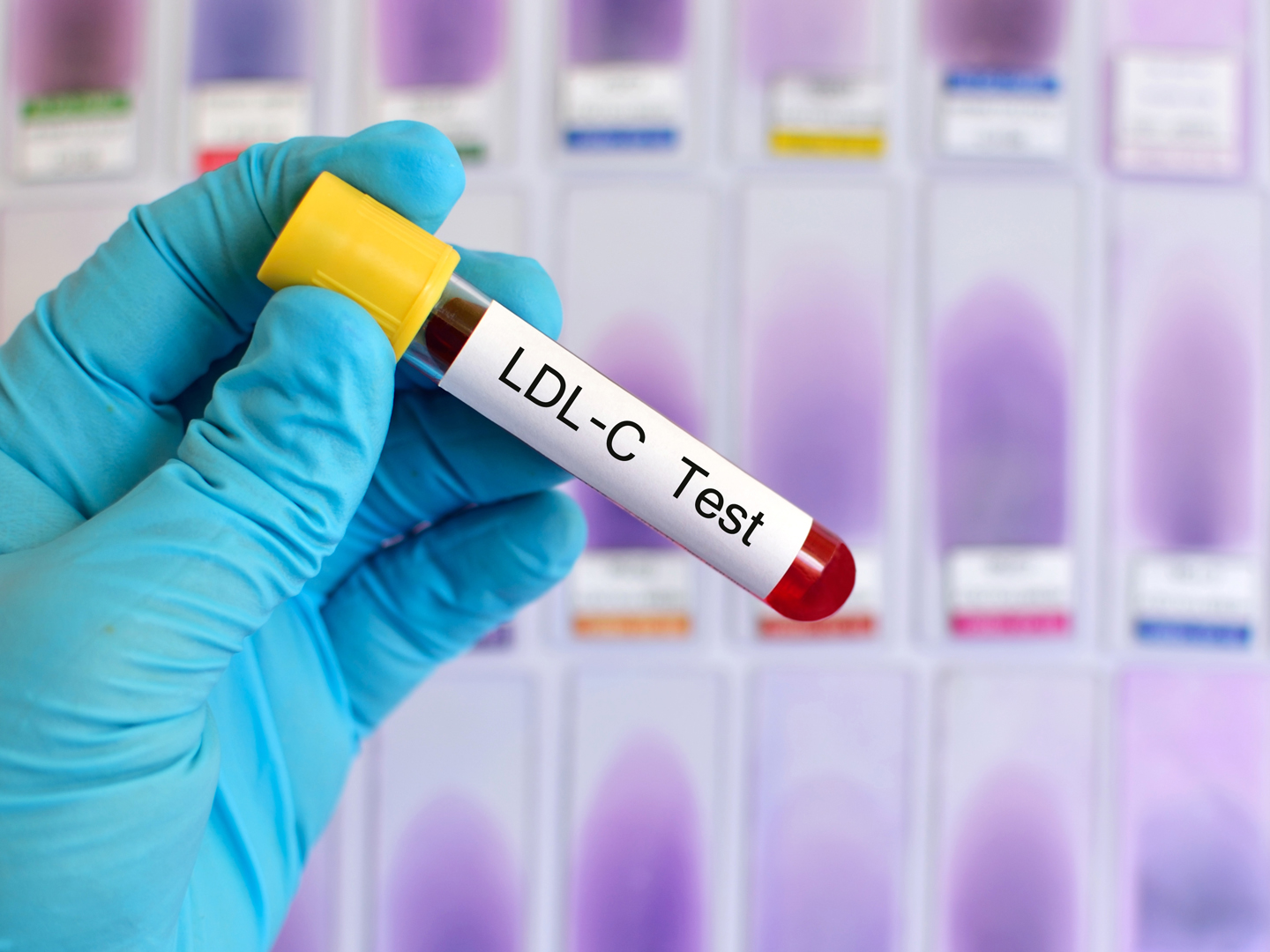New Cholesterol Guidelines?
I understand that there has been a change in what’s considered normal cholesterol. Can you explain the difference and the reason for the change?
Andrew Weil, M.D. | December 14, 2004

Government health officials have recommended that target levels of LDL (“bad”) cholesterol should be reduced by 30 points for people considered at moderate to high risk for heart disease. Up to now, an LDL of 130 was considered acceptable for those with a high risk of heart disease. According to the new recommendations, LDL levels for people at high risk should be below 100. Youre considered at high risk if you already have heart disease, diabetes, non-coronary atherosclerosis, or some other condition that increases your risk of a heart attack to 20 percent or more over the next 10 years. The same reduction was recommended for those considered at “moderately high” risk of heart disease – anyone with such risk factors such as advancing age, high blood pressure, cigarette smoking, and other lifestyle-related risks such as obesity, physical inactivity, or metabolic syndrome (elevated triglycerides and low HDL). If you fall into this category, you have a 10 to 20 percent chance of suffering a heart attack within 10 years. If you have no risk factors for heart disease, you’re unaffected by the new recommendations.
Under the new guidelines, millions of Americans whose LDL levels range from 100 to 129 will be treated with cholesterol-lowering “statin” drugs with the goal of reducing LDL levels by 30 to 40 percent, no matter what they are at the outset.
The changes were set in motion after results from five recent clinical trials indicated that the old cholesterol goals weren’t low enough and that heart attack prevention is more effective when LDL levels are pushed well below 100. In fact, evidence suggests that high-risk patients do best when their LDL is below 70, a level that may be hard to reach even with high doses of statins. The new recommendations were published in the July 13, 2004, issue of Circulation and were endorsed by the National Heart, Lung and Blood Institute, the American Heart Association and the American College of Cardiology.
Andrew Weil, M.D.












